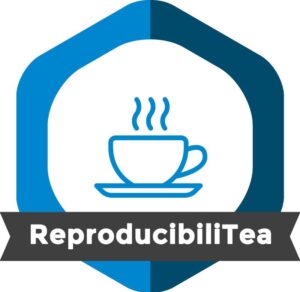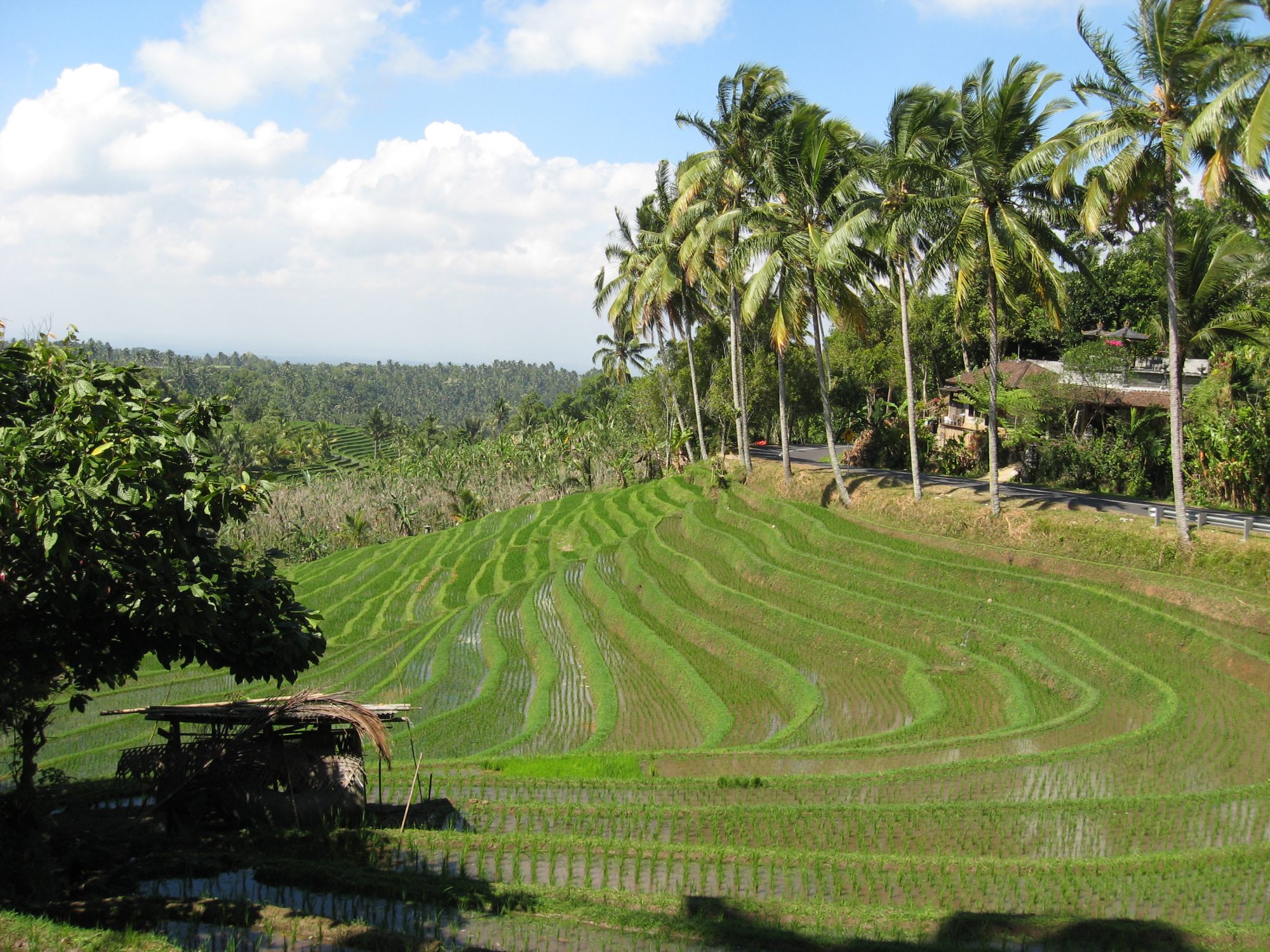Science; why the best is not yet good enough.
Lead author: Yoram K. Kunkels
Other contributors: ReproducibiliTea Groningen
This blogpost was published originally in the OSCG blog-series about open science (link).
Science is currently our best way of acquiring knowledge. It is the continuing process that has brought us – amongst others – our understanding that the Earth revolves around the Sun, the Industrial Revolution, and modern Medicine, while surely in a few years, it will also bring us hoverboards.
Such successes would suggest that all is well, and that science is always on a certain path to bring us even bigger discoveries. However, it is not.
The scientific enterprise is a rather awkward one; the systems and institutions wherein scientists work are anything but perfect. Indeed, beneath the facade of seemingly perpetual improvements is a reality mostly unknown to outsiders. A reality wherein negative results about newly developed medications are sometimes suppressed, causing patients to be exposed to life-threatening dangers [1]. A reality wherein scientific conclusions are cherry-picked to report only the most spectacular, eye-catching results while more critical ones are dismissed [2]. Yes, even a reality where outright fraud can pass science’s seemingly rigorous peer review quality-check system [3, 4].
Does this all mean then that science is incurable, that we should dismiss it altogether? Again, no it does not. Nor does it mean that scientists are all unscrupulous individuals who do not care about the quality of their work. On the contrary, most scientists are highly motivated about doing the right thing and they care about the topics they study and those involved. This means that science is currently the best we’ve got, but it is not yet good enough. Luckily, researchers – especially those at the start of their careers – are getting more and more aware of these issues and are finding each other to discuss possible solutions.

However, the reasons science is currently underperforming are complex and multifaceted, and will require dedicated attention and care from not only academics, but our broader society. To provide some insights on what is wrong and how to improve those points we have started a series on these meta-science (the science about doing science) topics. Some of the subjects we will discuss are:
- What are the 10 most common misconceptions about Open Science? In her upcoming blog post, Dr. Jojanneke Bastiaansen explains such common misconceptions and possible solutions (link).
- Code and algorithms are becoming increasingly important to conduct reproducible scientific studies; but who checks its’ quality? Dr. Rei Monden discusses these problems and offers intriguing solutions in her blog post (available early next year).
- One perspective on how to improve science is by Dr. Maurits Masselink who argues that we should consider not doing science at all if we cannot do it well. (available early next year).
Some of the topics that we will address in future blog posts are: (1) why are scientists pressured to produce lots of low-quality research, (2) how can we leverage new technologies and methods to decrease the time pressure so commonly experienced by scientists, (3) Is science really transparent, and why is this necessary, (4) why some scientific results cannot be repeated, (5) Why are negative results not reported, (6) what happens when the science is sound, but communicating results goes wrong?
We are a group of motivated young researchers associated with the Open Science Community Groningen. We would love to share our perspectives on, and possible solutions for the current issues in science.
Be sure to check in regularly, as we will routinely update our website with new, provoking, and interesting blog posts and articles. Are you already fired up to make a change in improving science? Come visit us at www.openscience-groningen.nl to learn more, or feel free to discuss these topics together at one of our bi-weekly ReproducibiliTea meetings https://osf.io/3qrj6/.
Best,
The ReproducibiliTea Groningen.
References
[1] McGoey, L., & Jackson, E. (2009). Seroxat and the suppression of clinical trial data: regulatory failure and the uses of legal ambiguity. Journal Of Medical Ethics, 35(2), 107-112. doi: 10.1136/jme.2008.025361
[2] Goldacre, B. (2019). The dangers of cherry-picking evidence. Retrieved 24 September 2019, from https://www.theguardian.com/commentisfree/2011/sep/23/bad-science-ben-goldacre
[3] Vogel, G. (2019). Report: Dutch ‘Lord of the Data’ Forged Dozens of Studies (UPDATE). Retrieved 24 September 2019, from https://www.sciencemag.org/news/2011/10/report-dutch-lord-data-forged-dozens-studies-update
[4] van Kolfschooten, F. (2019). Social psychologist relinquishes chair after data manipulation charges. Retrieved 24 September 2019, from https://www.sciencemag.org/news/2015/04/social-psychologist-relinquishes-chair-after-data-manipulation-charges
